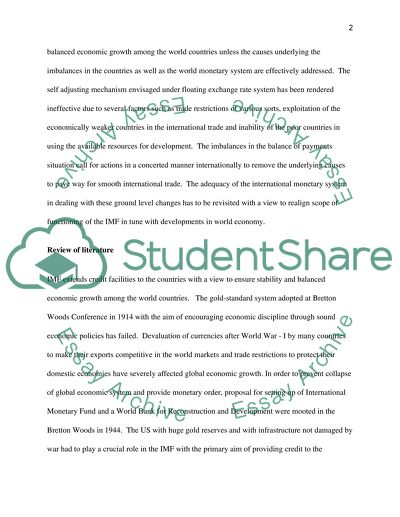Cite this document
(“World monetary system and the role of IMF Term Paper”, n.d.)
Retrieved from https://studentshare.org/finance-accounting/1403934-the-role-of-imfinternational-monetary-fund-in-the
Retrieved from https://studentshare.org/finance-accounting/1403934-the-role-of-imfinternational-monetary-fund-in-the
(World Monetary System and the Role of IMF Term Paper)
https://studentshare.org/finance-accounting/1403934-the-role-of-imfinternational-monetary-fund-in-the.
https://studentshare.org/finance-accounting/1403934-the-role-of-imfinternational-monetary-fund-in-the.
“World Monetary System and the Role of IMF Term Paper”, n.d. https://studentshare.org/finance-accounting/1403934-the-role-of-imfinternational-monetary-fund-in-the.


